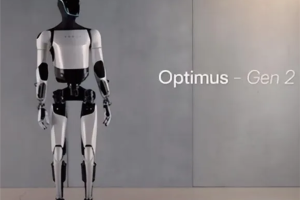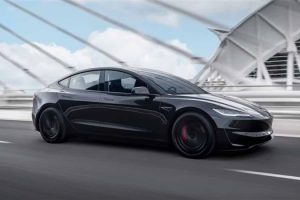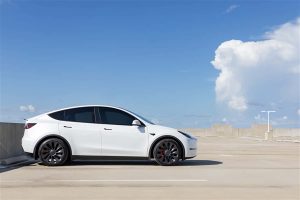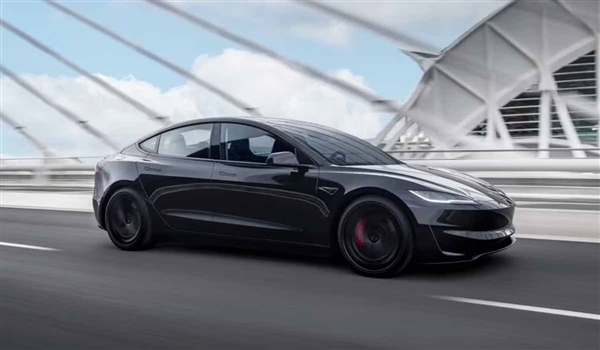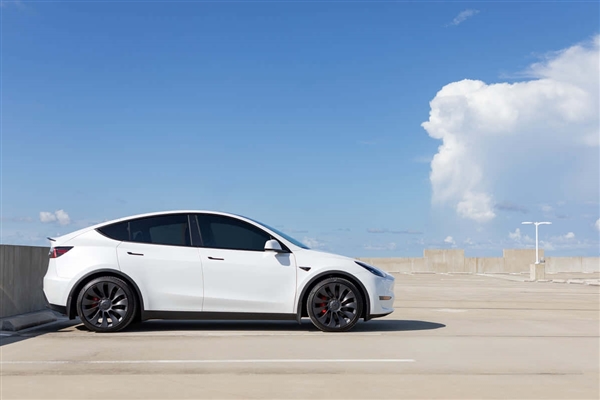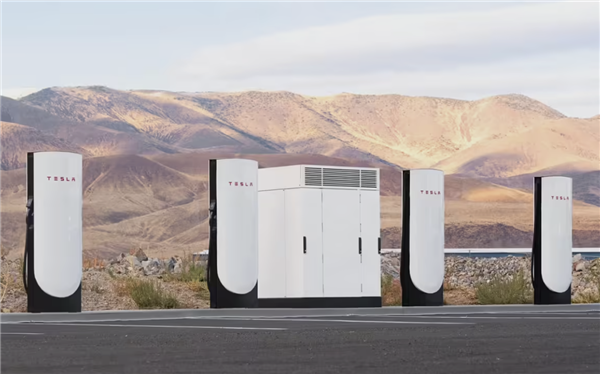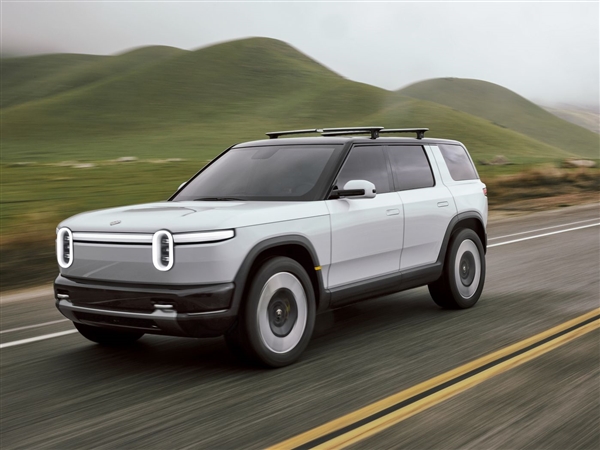January 3, 2025 – According to a report by Reuters, Norway has made significant progress in its transition to electric vehicles, with pure electric cars accounting for nine out of ten new car sales last year. The latest registration data indicates that this trend is bringing Norway closer to its goal of a complete shift to electric vehicles by 2025.
The Norwegian Road Federation (OFV) released a report on the 2nd stating that pure electric vehicles held an 88.9% share of the new car market in 2024, up from 82.4% in 2023.
Tesla, Volkswagen, and Toyota emerged as the top three most popular brands, while Chinese-made electric cars also captured nearly 10% of the market share.
Christina Bu, the president of the Norwegian Electric Vehicle Association, stated that Norway is poised to become the world’s first new car market to largely phase out gasoline and diesel vehicles.
As an oil-exporting country, Norway has imposed heavy taxes on fossil fuel-powered cars while exempting electric vehicles from import taxes and value-added taxes to enhance their competitiveness. However, some of these tax incentives have been reinstated since 2023.
Experts highlight that the key to the policy’s success lies in its consistency. “Many countries introduce tax incentives and then withdraw them, which often leads to policy failure,” noted one expert.
Furthermore, the absence of a domestic automobile manufacturing industry in Norway has minimized resistance to policy implementation. “We don’t produce cars, so it has been relatively easy to levy high car taxes in the past,” said Ulf Tore Hekneby, the head of Harald A. Moeller, Norway’s largest car importer.
Christina Bu emphasized that incentive measures are more favorably received than direct bans. “People don’t like to be forced, and a direct ban on fossil fuel cars can create resentment,” she said.

It’s worth noting that the European Union has decided to ban the sale of new cars with carbon dioxide emissions by 2035, although it may still allow the sale of models powered by synthetic fuels.
“Experience shows that the crucial factor is to establish broad and long-term predictable incentive policies,” said Cecilie Kniebe Krogh, Norway’s Deputy Minister of Transport.
Despite the majority of new car buyers choosing electric vehicles, there is still a market demand for some traditional cars. “The main buyers of fossil fuel cars in Norway are car rental companies because many tourists are not familiar with electric cars,” explained Hekneby.
The widespread adoption of electric vehicles has also forced gas stations to adapt quickly. An increasing number of fuel pumps are being replaced by electric charging stations. “In the next three years, we expect to have at least as many charging stations as fuel pumps,” said Anders Kleiv Svila, a senior manager at Circle K, Norway’s largest fuel retailer. “In a few years, more than half of Norwegian cars will be electric, and we must expand our charging infrastructure accordingly.”

